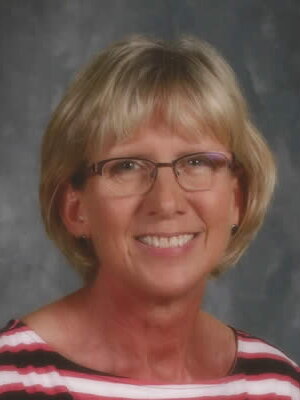
When I applied to the University of Illinois as a high school senior, I was planning to be a math teacher. Then a co-worker at the local fast food restaurant where I worked after school brought her psychology textbook along to work one evening, and I was hooked. My small rural high school didn’t offer a psychology class, so this was my first exposure to the subject.
I quickly switched my major to Psychology with plans to combine this new interest with my love of education and become a school psychologist. What I did not fully appreciate during my undergraduate years at the University of Illinois was the behavioral emphasis of the Psychology Department there. This was during the 1970s, so I took child psychology from the renowned Dr. Sidney Bijou, and other courses from professors with a Skinnerian point of view. As part of my practical experience, I carried out behavioral programming for children with autism at a campus-run center. This behavioral philosophy that I adopted as an undergraduate has served me well throughout my career. I went on to earn my M.S. in School Psychology from Western Illinois University.
After working as a school psychologist for a few years, I returned to college to earn my teaching credentials which was not too difficult as I had a special education minor at the U of I. I taught preschoolers with disabilities for two years, which was required along with a few administration courses to obtain my supervisory credentials. I spent the rest of my 35 year career working as a school psychologist and early childhood supervisor for a special education cooperative in southern Illinois.
The last ten years of my career I returned to my behavioral roots completing the coursework for my behavior analyst certification and used those skills to set up behavioral programs not all that different from those I had carried out 30+ years earlier as an undergraduate in Champaign-Urbana. I would advise anyone considering a career in school psychology to take education courses including practicums in schools, and teach if possible, to fully appreciate what educators do. You will gain respect from the professionals you are advising as a school psychologist if you’ve walked in their shoes. Now, post-retirement I am again teaching preschoolers with disabilities part-time for a total of 41 years in education (and counting).